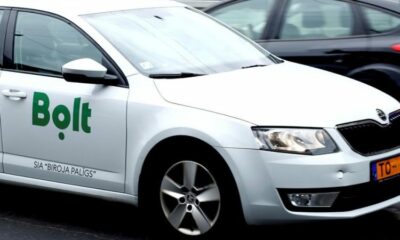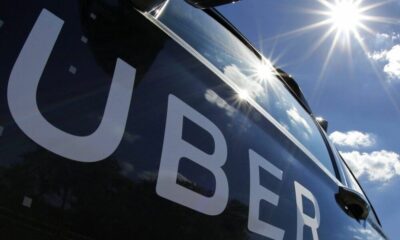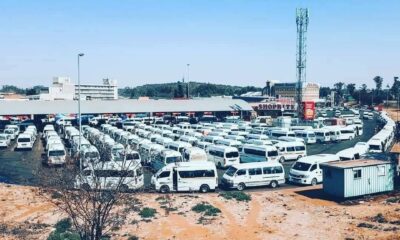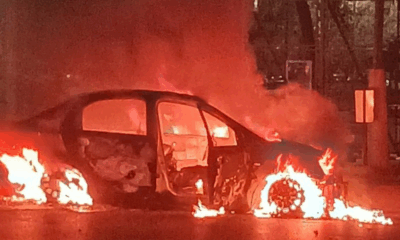Business
From Five-Star to One-Star: Why Uber Is Losing South Africa’s Trust
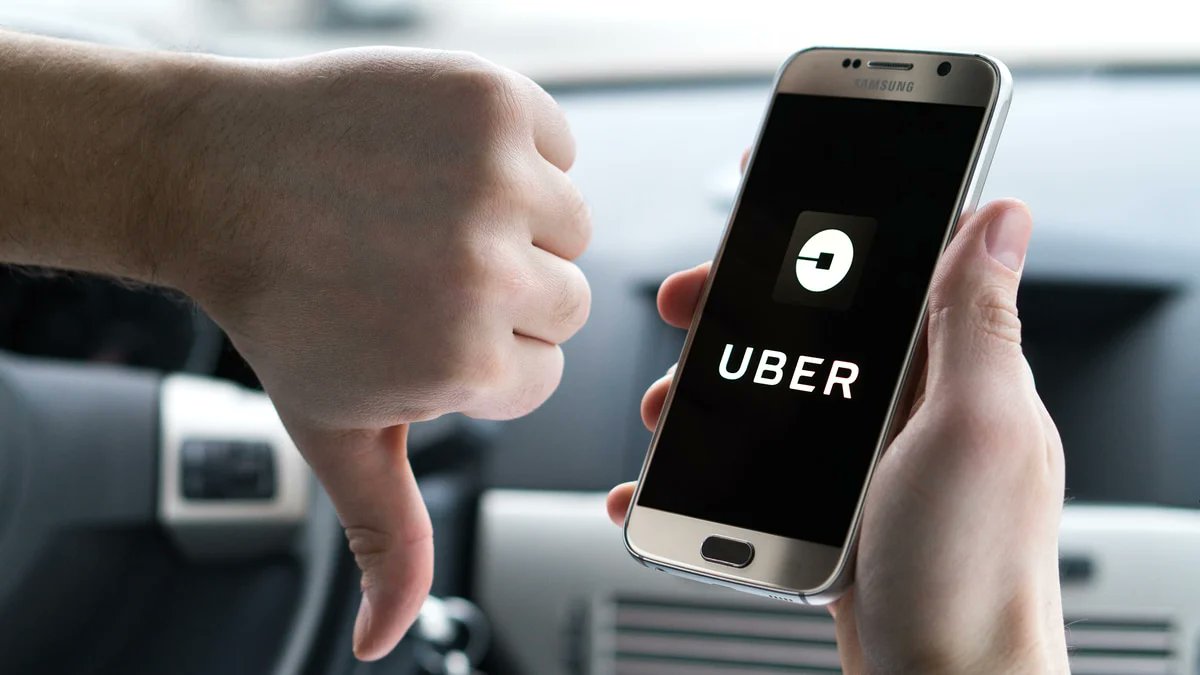
Once hailed as a transport revolution, Uber now faces growing backlash over safety, poor service, and vanishing reliability.
It wasn’t long ago that Uber reigned supreme in South African cities. In Joburg, Cape Town, and Pretoria, it changed the game. Riders could track their trips, get fair price estimates, and enjoy clean, comfortable cars, often driven by university graduates moonlighting after hours. Uber made taxis cool again. But today, that shine is gone, and what’s left is a service many feel is no longer safe or worth the ride.
A Golden Era Long Gone
When Uber launched in South Africa in 2013, it felt like the future had arrived. Uber Black offered sleek sedans and suited drivers. Then came UberX, and even though it offered cheaper rides in Toyota Corollas, service and professionalism remained high.
Back then, Uber drivers held down day jobs, dressed well, and offered mint-condition vehicles. Fast forward to 2024, and the Uber many once swore by is almost unrecognisable.
From Safe to Scary: Uber’s Reputation Takes a Hit
Incidents of violent crimes involving Uber drivers and passengers have become disturbingly common. In Pretoria, a woman believes her Uber driver helped orchestrate a robbery. In Cape Town, another rider alleges a kidnapping attempt. Even celebrities like Anele Mdoda have come forward, laying charges against drivers for harassment.
While Uber has expressed “concern” and promised internal investigations, many South Africans feel the company has lost its grip on safety standards.
“The Uber of 2014 wouldn’t have let this happen,” one long-time user told us.
And it’s not just riders at risk. Uber drivers themselves are being targeted, harassed, beaten, or worse, particularly in areas like Eastgate Mall, Sandton, and near Gautrain stations. Rival taxi operators view them as unwelcome competition, and in the absence of police protection, they’re paying the price.
Clapped-Out Cars, Rude Drivers, and No Air-Con
The quality of the Uber fleet has nosedived. Riders frequently report entering vehicles that smell of stale food or vomit, with drivers who refuse to use air conditioning to save fuel.
“Every ride feels like I’m sealed in a plastic container filled with leftover stew,” one user vented.
Some Ubers have visible damage, bald tyres, and drivers who ignore road rules. Even Uber Black, once the gold standard, now gets slammed for poor maintenance and a lack of basic courtesy.
The Cancel-Culture Nobody Asked For
Another huge frustration: cancellations. Many users complain that drivers accept trips only to cancel them moments later, especially if the route seems unprofitable.
Drivers have even gamed the system at airports, leaving phones in waiting zones to stay in line without being physically present. Riders, meanwhile, are slapped with cancellation fees when they’re forced to find another ride.
Billing Blunders: R259 Becomes R356
And then there’s the billing problem. Users are being charged more than the fare quoted in the app, with refunds often denied, especially if more than 30 days have passed. One customer was billed R244 for a ride the driver cancelled. Another was quoted R259.95 but charged R356 with no explanation.
Support, users say, is robotic and dismissive, rarely offering any real resolution.
Uber’s Response: “We’re Listening”
In response to the growing chorus of complaints, an Uber spokesperson told MyBroadband that they “invest in driver education and in-app safety features,” and that rider feedback is valued.
But for many, these statements ring hollow.
“If they were truly listening, things wouldn’t have fallen this far,” said a Cape Town rider who’s now switching to Bolt even if reluctantly.
From Trendsetter to Troubled: What Went Wrong?
The decline of Uber in South Africa is a cautionary tale. What began as a tech-driven solution to urban mobility has now become a reflection of deeper systemic failures: a lack of accountability, shrinking driver earnings, rising crime, and deteriorating infrastructure.
Former Uber Sub-Saharan Africa GM Alon Litz once ran a tight ship, even hiring private security to keep riders safe during violent clashes with the metered taxi industry. But with his departure, many feel that the brand’s leadership and vision crumbled too.
Is It Too Late for Uber SA?
Despite the backlash, Uber remains a key player in South Africa’s ride-hailing space — but the trust is wearing thin. Riders are switching to other platforms. Others are going back to traditional metered taxis or relying on carpools.
Uber’s survival in South Africa depends on one thing: whether it can return to what made it successful in the first place, reliable, safe, professional service.
Until then, for many South Africans, calling an Uber may no longer mean convenience. It may mean risk, frustration, and disappointment.
{Source: My Broad Band}
Follow Joburg ETC on Facebook, Twitter , TikTok and Instagram
For more News in Johannesburg, visit joburgetc.com



